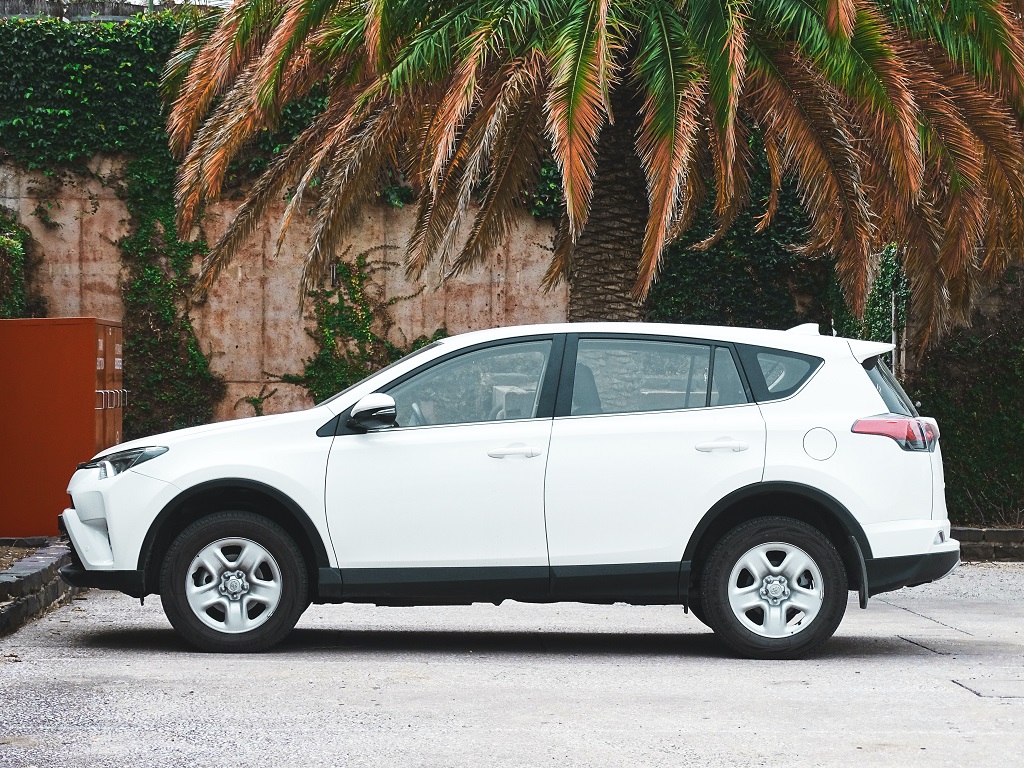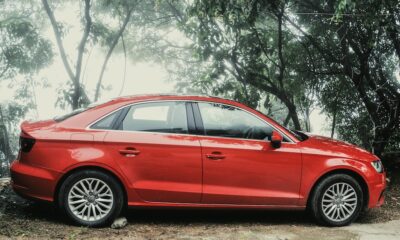Reviews
These Are The Pros And Cons of Hybrid Cars

With their improved fuel efficiency and reduced carbon footprint, hybrid electric vehicles are quickly gaining popularity among environmentally-conscious drivers. However, hybrid cars might not be the best option for every commuter. Not sure if a hybrid is right for you? Check out these pros and cons before you drive home a hybrid.
Pros:
Hybrid Cars Are Less Harmful to The Environment
Gas-powered cars emit carbon dioxide and other greenhouse gases from their tailpipes, which negatively impacts the environment. Over time, these gases can worsen the effects of global warming. Hybrid cars are powered by either gasoline or electricity. A hybrid that runs on gasoline will still emit some greenhouse gases. However, because of their fuel efficiency, these tailpipe emissions are still less than those associated with traditional cars. This implies that you can travel the same distance and emit less pollution. When you use electricity to run your hybrid, your engine will not produce direct tailpipe emissions.
Using a Hybrid Car Can Help You Save Money
Hybrid vehicles can help you avoid frequent trips to the gas station and high fuel costs. This is because hybrids have efficient engines, and you have the option to switch to electricity instead of fuel. Additionally, the government offers a tax credit for those who buy a plug-in hybrid vehicle. The amount you save here depends on the car type you choose and your tax status. To get the most out of your car purchase, you should find out if there are any state or local incentives available that can reduce the cost even further.
Hybrid Cars Require Less Frequent Maintenance
Since hybrids have two sources of power (the electric motor and the gas engine), the wear and tear on the car’s engine is less. This implies a lesser need for coolant or oil and fewer maintenance costs compared to cars that run on combustion fuel engines.
Cons:
Hybrid Cars Tend to Have Higher Initial Costs
Although hybrids are often promoted as a way to save money on fuel, they generally tend to cost more than comparable gasoline-powered cars. Many hybrid car owners make up for their higher initial cost in the long run, due to savings on gas. But if you are considering buying a hybrid vehicle, you should be aware that it may cost more than its non-hybrid counterpart initially.
Hybrid Cars Can Require More Costly Maintenance
As mentioned before, hybrid cars typically require less maintenance than conventional vehicles. But if you need to maintain your car, it can be more expensive than other cars – particularly when you need to change the battery.
Hybrid Cars Are Not Always as Green as We May Think
Hybrid cars have a smaller environmental impact than standard gas-powered vehicles. Still, the extent of their eco-friendliness depends on how often you use the gasoline part and where your electricity comes from. Hybrid cars produce fewer greenhouse gasses than gasoline-powered cars, but their emissions are still far greater than all-electric cars.
-

 Buyers Guide3 years ago
Buyers Guide3 years agoUltimate SUV Buyer’s Guide
-

 Reviews3 years ago
Reviews3 years agoThese Are The Best Used Trucks Under $10,000
-

 Reviews3 years ago
Reviews3 years agoSedan vs. Coupe: What’s the Difference?
-

 Accessories & Financing3 years ago
Accessories & Financing3 years agoElectric Car Maintenance: Everything You Need to Know
-

 Accessories & Financing3 years ago
Accessories & Financing3 years agoBest Snow and Winter Tires
-

 Accessories & Financing3 years ago
Accessories & Financing3 years agoBest All-Season Tires Everyone Should Know Of
-

 Buyers Guide3 years ago
Buyers Guide3 years agoFour Luxury SUVs That Are Built to Last
-

 Accessories & Financing3 years ago
Accessories & Financing3 years agoCar Loan Charge-Offs: The Ultimate Guide









